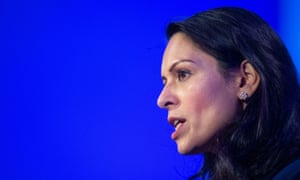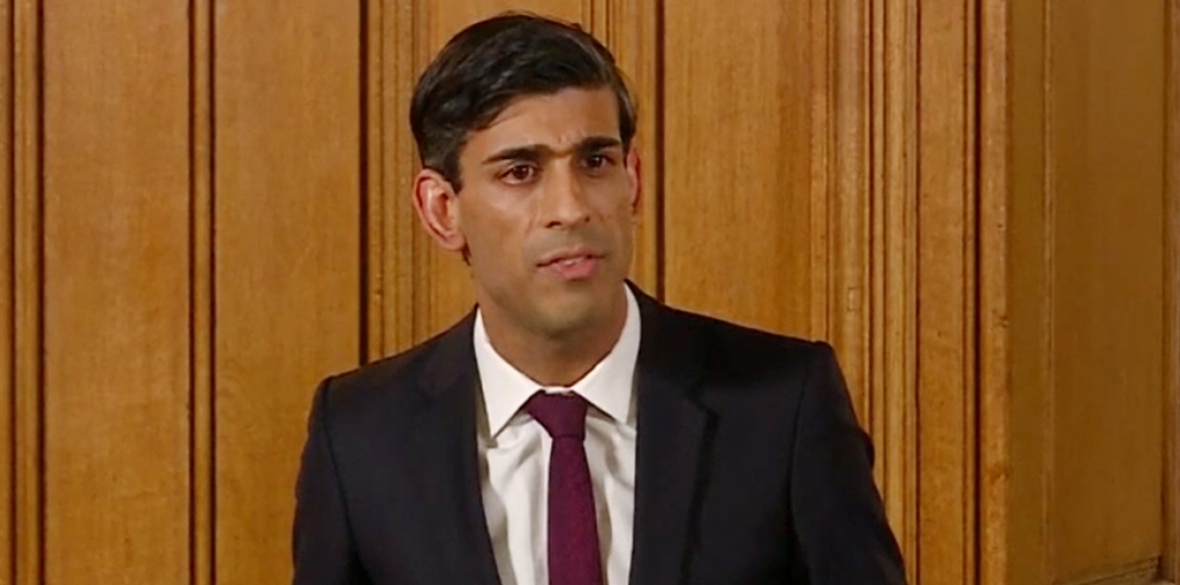John L. Dorman BUSINESS INSIDER
Over half of all voters under the age of 30 voted in the 2020 elections, a record figure, according to data from the Center for Information and Research on Civic Learning and Engagement at Tufts University.
The surge in turnout greatly benefited President-elect Joe Biden, who won this demographic by 24 points (60%-36%) over President Donald Trump.
Hoping to avoid the voter enthusiasm pitfalls that plagued Democrats in 2016, Biden's campaign sought to engage with young voters throughout the presidential campaign.
Over half of all voters under the age of 30 voted in the 2020 elections, a record figure, and the demographic powered President-elect Joe Biden's victory over President Donald Trump, according to data from the Center for Information and Research on Civic Learning and Engagement at Tufts University.
The data revealed that 52% to 55% of registered voters under 30 cast ballots. In the 2016 presidential election between Trump and former Secretary of State Hillary Clinton, roughly 42% to 44% of voters in this age group voted.
This year, the voters under 30 who cast ballots this year overwhelmingly supported Biden over Trump by a 60% to 36% margin, according to Edison Research. In 2016, many of these same voters supported Clinton over Trump by a narrower but still significant 55% to 36% margin.
Early data from Colorado, Georgia, Montana, Nevada, Oregon, and Washington state showed a huge increase in youth turnout, according to The Hill.
Tom Bonier, chief executive officer at the Democratic data firm TargetSmart, told The Hill that "the increase in turnout among younger voters was greater than the increase overall."
While Biden was able to win the Democratic presidential primaries en route to his win in the general election, his early pathway was compromised by the popularity of Sen. Bernie Sanders of Vermont, who had cultivated a huge following with younger voters from his 2016 campaign against Clinton.
With the Biden campaign aware that turnout dropped for Clinton in many major cities in 2016, Biden pushed to prioritize issues that many younger voters cared about, including student loan debt, health care reform, and environmental regulations.
"In the key battlegrounds, those younger voters likely netted Biden enough votes to carry the Electoral College," The Hill reported. "Based on turnout and exit poll data, the Tufts center estimates voters under 30 gave Biden enough net votes to carry Arizona, Georgia, Pennsylvania, and Michigan."
Biden did especially well with young Black voters, with 87% of them backing the president-elect, compared to 10% supporting Trump. Young Asian and Hispanic voters also overwhelmingly backed Biden, with 83% and 73%, respectively, while young white voters supported Biden overall with 51% of the vote.


/cloudfront-ap-southeast-2.images.arcpublishing.com/nzme/VYASSAGNS4TJBFSJAK7P67MMBA.jpg)

/cloudfront-ap-southeast-2.images.arcpublishing.com/nzme/AG7RGQFEIDSNJCO64CRIGD7AZU.jpg)

/cloudfront-ap-southeast-2.images.arcpublishing.com/nzme/NQHA3OFC6BNARK3FGMP3JEDBGI.jpg)


